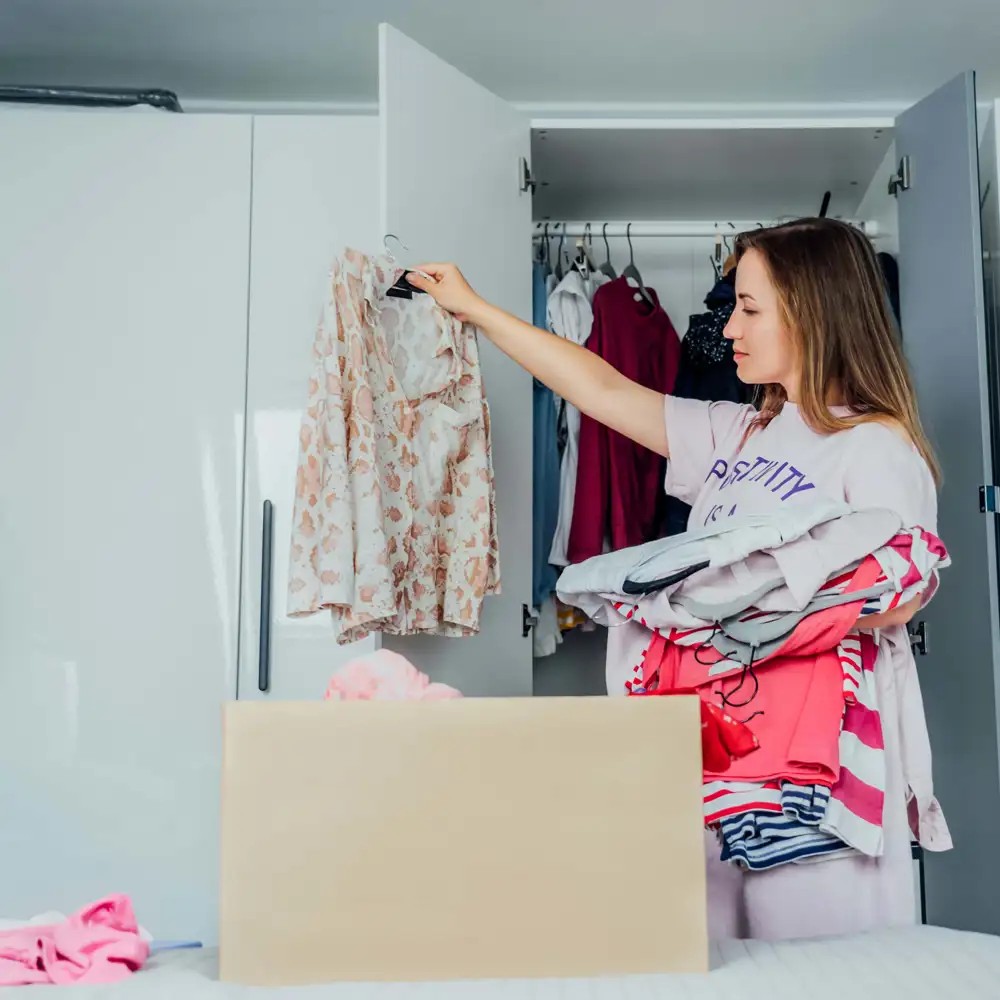As the fifth-largest city in America, Phoenix is a melting pot of nature, culture and art. Thanks to its mountainous desert terrain, it’s a popular destination for hikers, mountain bikers and horseback riders. And because of its growing economy, affordable housing market and mild winters, it’s a popular home base for everyone from young working professionals to retirees.
If you’re thinking about moving to Phoenix and aren’t sure whether you want to rent or buy, here are some factors that can help you determine which decision is right for you.
1. The Average Home Price in Phoenix
According to housing data from March 2022, the median home price in Phoenix is now $447,000. This is a whopping 27.7% higher than it was last year, but it’s still a more affordable alternative to the real estate markets in bigger cities like Los Angeles, San Francisco and New York. And unlike in the aforementioned cities, most people in Phoenix own homes (around 63% of units are owner-occupied.)
If you’re thinking about buying a home in Phoenix, you’ll probably have to make an offer quickly. Here’s some additional information to keep in mind about the current market:
- Median days on market: 23
- Homes sold above list price: 58.3%
- Homes with price drops: 18.5%
Reasons to Buy Rather than Rent
Buying a house is the biggest purchase most people will make in their lifetimes — so it’s understandable that many are hesitant about taking the plunge. But with home prices rising quickly, it may be the right time if you’re looking to put down roots in Phoenix. Purchasing a home can help you feel a greater sense of stability since you won’t have to worry about being priced out of a rental. From renovating the kitchen to repainting the entire house, you’ll also have the freedom to customize the place to fit your exact needs and wants. Homeownership can also help you feel more established in a community, and it may even inspire you to invest more in the neighborhood that you live in.
2. The Average Cost of Rent in Phoenix
The average rent for an apartment in Phoenix is $1,547, which is almost exactly the same as the average monthly mortgage. The average size of an apartment is 804 square feet. The priciest neighborhoods in the city include Downtown Phoenix ($2,142), Desert View ($1,928) and Tramonto ($1,828). On the flip side, some of the most affordable areas in the city include Maryvale ($1,306), Alhambra ($1,259) and Estrella Village ($1,183).
Reasons to Rent Rather Than Buy
If you’re new to the Phoenix area and aren’t sure which neighborhoods will be your vibe, you might want to rent first so you can get a better lay of the land. Renting a property gives you the chance to explore different areas and see which one best suits your personality and interests. It also often allows you to have access to great on-site amenities like swimming pools, tennis courts, and gyms…without having to take care of upkeep. Renting is also a great choice for those who don’t want to deal with the hassle of home maintenance and costly out-of-pocket repairs. Finally, if you don’t see yourself staying in Phoenix for the long haul, it might be more cost-effective for you to rent a place rather than committing to a mortgage.
3. Things to Keep in Mind When Buying a House in Phoenix
If you’re a first-time home buyer in the Phoenix area, there are several things you’ll want to keep in mind. Here are a few things to be mindful of as you prepare to put down roots in Phoenix:
1. Be Aware of the Heat
Phoenix is one of the country’s hottest housing markets — literally! The city consistently ranks number one for most days in a year when the temperatures are in the 90s or 100s. If you aren’t used to living in such an arid region, you’ll need to take the heat into account year-round. This includes making sure you are drinking enough water and avoiding strenuous outdoor activities at peak times.
Before buying a house, get the AC unit inspected to make sure it’s in good working condition (and factor higher-than-average electricity bills into your budget). If possible, try not to buy a house that faces east or west so that you can avoid unwanted direct sunlight.
2. Consider Installing Solar Panels
With an average of 299 sunny days per year and some of the hottest temperatures in the U.S, living in Phoenix requires spending a significant amount of money on electric bills. To reduce some of the expenses, many locals install solar panels on their rooftops. If you’re thinking about following suit, you can use Google’s Project Sunroof Calculator to estimate what your bill would be. Don’t forget to request several quotes from solar providers to guarantee you’re getting the best deal.
3. Take Monsoons Into Account
Somewhat counterintuitively, you also need to take monsoons into account in Phoenix. Despite its desert climate, Phoenix is known for having annual monsoons, which can cause flash flooding and extensive water damage. To reduce the risk of water damage, you’ll need to do an annual roof inspection to make sure there are no leaks or loose tiles. You’ll also want to clean out your rain gutters so that any accumulating water goes away from the house. During monsoon season, it’s also a good idea to keep your car in the garage if possible to protect it from falling branches and other debris. And finally, you’ll want to pack an emergency kit with water, food and first aid kit supplies in case you need to temporarily evacuate your home. By taking the proper precautions in advance, you can prevent unneeded stress and worry.
4. Watch Out for Spiders, Scorpions and Termites
Because of its desert climate, Phoenix is home to many types of spiders, scorpions and termites. To keep these pests at bay, you can seal exterior home openings and gutters using a caulk gun. Make sure to keep doors and windows closed as much as possible to reduce the risk of getting inside. And don’t forget to check the seller’s disclosures before putting in an offer to see whether there’s any mention of these unwanted house guests.









